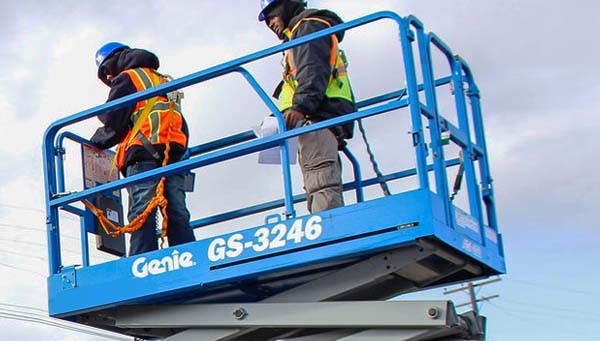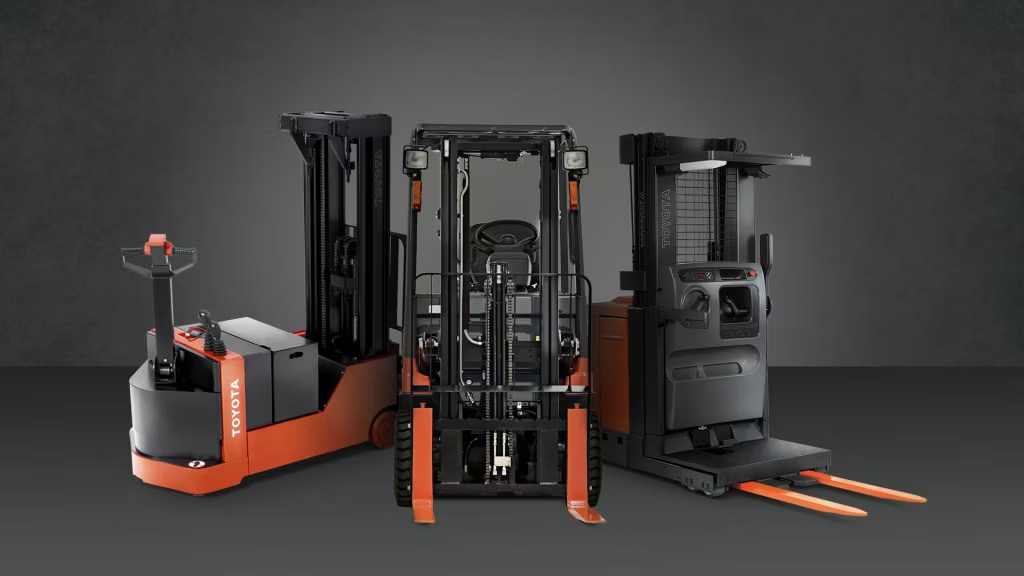
Ensuring the safety of warehouse workers is paramount, and forklifts, while indispensable, pose significant risks if not operated correctly. Implementing essential forklift safety tips can drastically reduce accidents and enhance the overall safety of your warehouse. Here are some crucial guidelines to keep in mind for maintaining a safe working environment.
Firstly, proper training is the cornerstone of forklift safety. All operators must undergo comprehensive training and certification before operating a forklift. This training should cover the basics of forklift operation, safety procedures, and the specific types of forklifts used in your warehouse. For instance, an operator should be familiar with both counterbalance forklifts and reach trucks if your warehouse utilizes both types. Regular refresher courses are also vital to keep skills sharp and up-to-date with the latest safety standards.
Pre-operation inspections are another critical safety measure. Before using a forklift, operators should conduct a thorough inspection to ensure the equipment is in good working condition. This includes checking the brakes, steering, controls, mast, and tires. Any issues should be reported immediately, and the forklift should not be used until it is repaired. For example, checking the tire pressure and ensuring there are no leaks can prevent accidents caused by tire blowouts or hydraulic failures.
Maintaining clear visibility is essential for safe forklift operation. Operators should always ensure they have a clear view of their path and be aware of their surroundings. Using mirrors and installing cameras on forklifts can enhance visibility, especially when maneuvering in tight spaces or reversing. For example, a warehouse with high racking systems might benefit from forklifts equipped with cameras to help operators see above and below their line of sight.
Speed control is another crucial aspect of forklift safety. Forklifts should be operated at safe speeds, especially in areas with pedestrian traffic or tight aisles. Adhering to the warehouse speed limits and avoiding sudden stops or sharp turns can prevent tipping and collisions. For instance, setting a speed limit of 5 mph in areas with high pedestrian activity can significantly reduce the risk of accidents.
Proper load handling is vital to maintaining balance and preventing tip-overs. Operators should ensure that loads are stable and evenly distributed on the forks before lifting and moving them. It’s important not to exceed the forklift’s rated capacity, as this can cause the forklift to become unstable. For example, if a forklift has a capacity of 5,000 pounds, operators should avoid lifting loads that exceed this limit to prevent tipping.
Communication is key in a busy warehouse environment. Operators should use horns, lights, and signals to alert others of their presence and intentions. Establishing clear communication protocols, such as using hand signals or radios, can help prevent accidents. For instance, a forklift operator approaching a blind corner should use the horn to warn others of their presence, reducing the likelihood of collisions.
Pedestrian safety must also be prioritized. Designate specific pedestrian walkways and forklift operating zones within the warehouse. Pedestrians should be trained to stay within these walkways and avoid crossing into forklift zones unless necessary. For example, using barriers or painted lines to separate pedestrian paths from forklift routes can help keep workers safe.
Regular maintenance and servicing of forklifts are essential to ensure they remain in safe operating condition. Scheduled maintenance should include checking all critical components, such as brakes, hydraulics, and electrical systems. Keeping a maintenance log can help track and address any recurring issues. For example, a forklift that frequently requires brake adjustments should be thoroughly inspected to identify and resolve the underlying problem
Related: forklift safety tips, warehouse safety, forklift training, forklift inspection, forklift visibility, forklift speed control, safe load handling, forklift communication, pedestrian safety in warehouses, forklift maintenance, warehouse forklift safety, forklift operation guidelines, certified forklift operators, pre-operation forklift checks, forklift operator training, forklift speed limits, forklift load stability, warehouse pedestrian zones, forklift maintenance schedule, forklift safety features, warehouse equipment safety, forklift operator protocols, safe forklift driving, forklift safety equipment, proper forklift use, warehouse safety protocols

December 18,2024


December 15,2024

December 15,2024

December 14,2024

The largest network of forklift dealers in the US and Canada is at your fingertips. Get the best pricing nationwide now on renting or buying a forklift
Get the lowest prices from our forklift dealers near you.